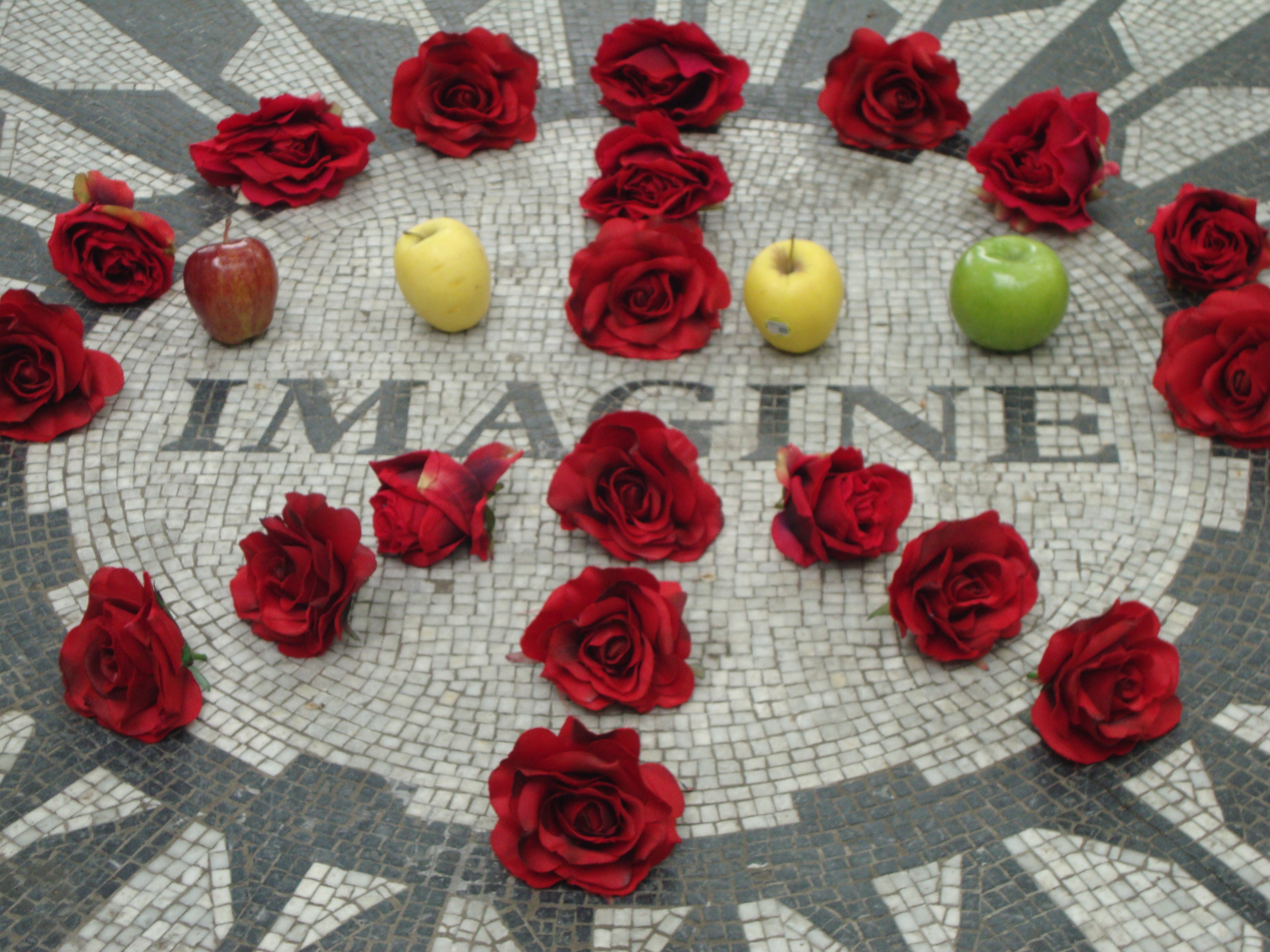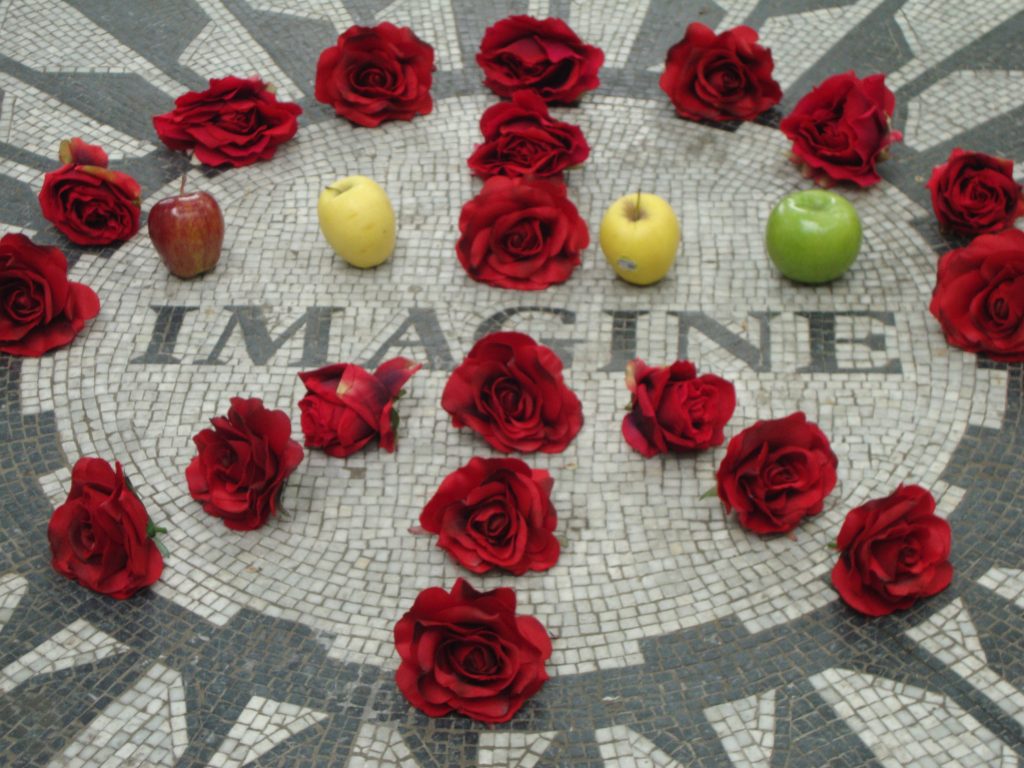Norway’s Prime Minister, Jens Stoltenberg, went on a walkabout today. Not much happened.
In the wake of the 22 July killing of 77 people in a bomb blast and shooting rampage that targeted both Stoltenberg and his party’s youth wing, the fact that he’s not upped his security detail is a statement in and of itself. No surprise then that the fact his first foray into Norway’s upcoming nationwide municipal elections was conducted with no added security was a news story in the national media.
Meanwhile, Karl I. Hagen, the Godfather of Norway’s right wing Progress Party (FrP) this weekend launched his campaign to become Oslo’s mayor by questioning the level of police resources dedicated to the investigation of the killings by Anders Breivik on 22 July. Oddly, Hagen suggested the court should only be concerned with “sentencing”, as though confession is an automatic ticket to prison-time, as though the survivors have no interest in the process.
A lawyer for families of some of the victims, Mette Yvonne Larsen, pronounced herself “lost for words”.
Of course, Norway’s politicians are not. Labour Party (Ap) and Socialist Party (SV) leaders jumped all over Hagen. For his part, Hagen asked “why should the case hang over us a whole year?” That, of course, begs the question, hang over whom?
FrP has already rejected any comparison between its anti-immigrant ideology and Breivik’s brand of Islamophobia. Yet, when prompted by journalists, Hagen refused the opportunity to reject his long-held view that “not all Muslims are terrorists, but almost all terrorists are Muslims.” In the wake of other similar own-goals by FrP in recent weeks (the day after the massacre, party leader Siv Jensen complained to a reporter that comparing FrP’s anti-immigrant politics to Brievik’s was “as bad” as the Breivik’s rampage itself), it would be tempting to believe that Norway’s radical right is fast imploding.
That would be a mistake. Hagen knows exactly what he is doing. Today he apologized to the families of the victims, but his statement has already established him as the rallying point for those on the right who feel marginalised by the (unintended) boost for inclusive social democracy that Breivik’s murderous rampage has engendered.
If the history of FrP has proven anything, it is that there is a constituency in Norway for the marginalised. FrP has long been the political home in Norway for those who reject the social democratic dominance of the country’s politics. The party exploits expenditures on social welfare to argue for a more selfish politics and point to the presence of visible minorities (they are a tiny minority in Norway) as evidence of a demographic threat to Norwegian identity. Like most forms of political marginalisation in Europe today, the demagogues who seek to create and capitalize on fear understand that obnoxious and polarising statements – whether about budget issues or Islam – win attention and win votes.
Norway’s politics has for years hung on a knife’s edge, at constant risk of falling head-long into the politics of fear which, in Europe, has taken the form of a deluded Islamophobia – at times Christian, at times secular, at times right-wing, at times liberal, it is a politics of fear that is decidedly fundamentalist, pushing a self-fulfilling prophecy of conflict over identity and values.
Breivik’s murderous rampage has now pushed Norwegians to reject this politics of fear. In such a climate, FrP risks losing everything. Suffering an erosion of their support earlier this year by the centre-right Conservative party (Høyre), the polarisation caused by Breivik is, oddly enough, an opportunity for demagogues like Hagen to consolidate their support amongst the marginalised.
In that sense, for Hagen, no press is bad press at the moment. In the wake of his comments, an opinion poll in Oslo showed FrP up three points at the expense of the Conservatives (Høyre).
Marginalisation of large (but minority) segments of European electorates is the basis for the growth of the radical right across the continent. The struggle is, as it has always been, between those who wish to live together and those who wish to live apart. Between those who thrive on fear and ‘security’ and those who reject it, who seek a politics of compassion and solidarity.
This division cuts across all political cultures today. Both sides contain elements of truth. Both are parts of all us. Fear is real. Compassion is no mere liberal delusion.
But somewhere short of philosophy or psychology, in the realm of political power, the politics of fear and security and the politics compassion and solidarity are in very real and earnest contest. It is between them we must choose.
As he greeted young voters, a journalist asked Prime Minister Stoltenberg about his security, suggesting that in the wake of Breivik’s murderous rampage “Should we not think differently?”
Stoltenberg said he thinks that a people who live in fear are not free. ”We must remain an open society where there is proximity between the governing and the people who elected them. It is a great quality.”

